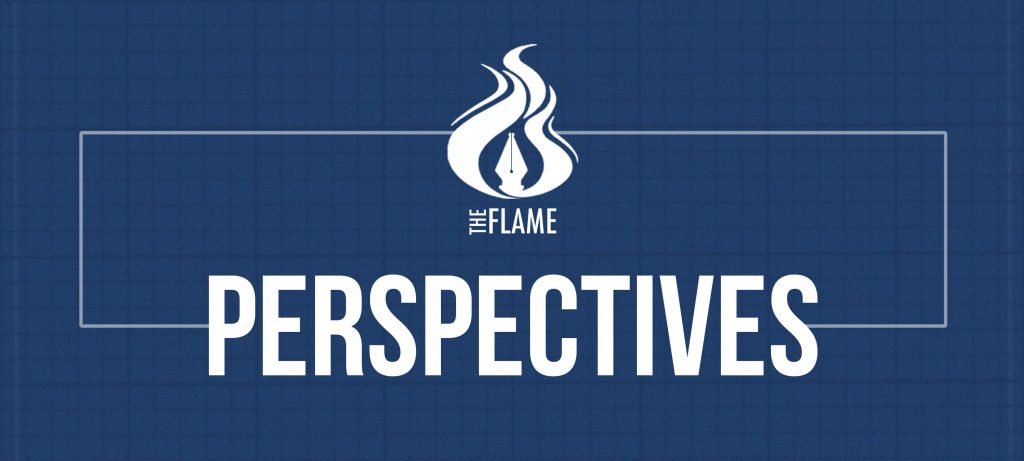By CORHEINNE JOYCE B. COLENDRES
WHEN MY doctor diagnosed me with Polycystic Ovarian Syndrome (PCOS), the first thought that came to my mind was: now what?
At that time, I was just recovering from a recent tonsillectomy, so when the doctor told me about the news, I found it quite amusing that just after some issues in my body were recently removed, something else popped up.
But it was nothing to worry about, the doctor said. PCOS is a prevalent condition among women and it could be regulated easily. The doctor briefly taught me about medications, and that was it. Figuring out the depths and crevices of this condition was left in my own hands.
PCOS has three main features: it causes hormonal imbalance because of elevated levels of androgen, it triggers irregular menstruation and it produces tiny fluid-filled sacks inside the ovaries. PCOS does not have a cure, so coming to terms with this condition was a personal engagement because it has different symptoms for every female.
Figuring out PCOS is a trial and error for most women, but mostly, there were more trials. It involved a slow and painstaking process of figuring out the right food to eat, the correct workout routine to adhere to and lots of pep talk because this condition is not something that one would wish to have, but once it is there, there is nothing to do but work around it.
No one else can truly understand the weight that women with PCOS have to carry, because every symptom leads to a different baggage.
There might be bouts of insecurity because PCOS enables one’s body to gain more weight, have more acne and have excessive hair growth due to the elevated levels of androgen.
Diet regulation was a problem too because PCOS leans towards organic produce, which is not as accessible for women who are busy. Oral contraception is one of the main medications for PCOS but not all women can afford them or ingest these pills because consuming them means intense side effects. Finally, if left untreated, PCOS may contribute to serious complications such as heart disease or diabetes.
As the most common health condition in the reproductive system of women, the cause of PCOS is not exact. Most women are prone to it. They only truly learn about it once they get diagnosed with the condition. Ultimately, PCOS should not be treated as a friend or a foe; it should be treated as an entity on a leash. The condition should not control the person and the person must not be against it. Instead, she must work around PCOS.
Various women who have PCOS have to go through either a simple or complex process to regulate their bodies. It is no easy job because it is a battle that they must fight on their own. There are good days where the exercises, diet and medication work together but there are also be days where PCOS unleashes its wrath.
At the end of the day, the woman must realize that she holds the entity on a leash. It can only go where she decides to take it. And as a woman who is taking the same path, I hope that we all lead it forward—towards the betterment of the self and a healthy lifestyle. F




